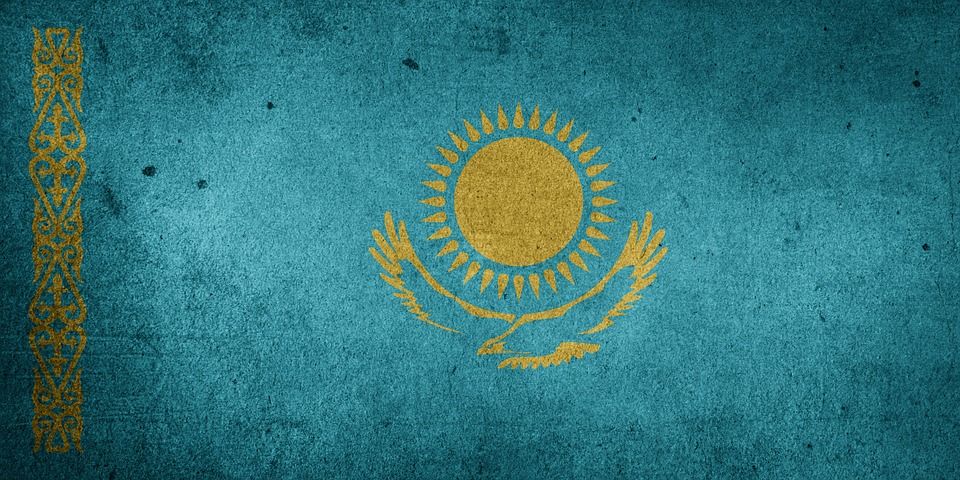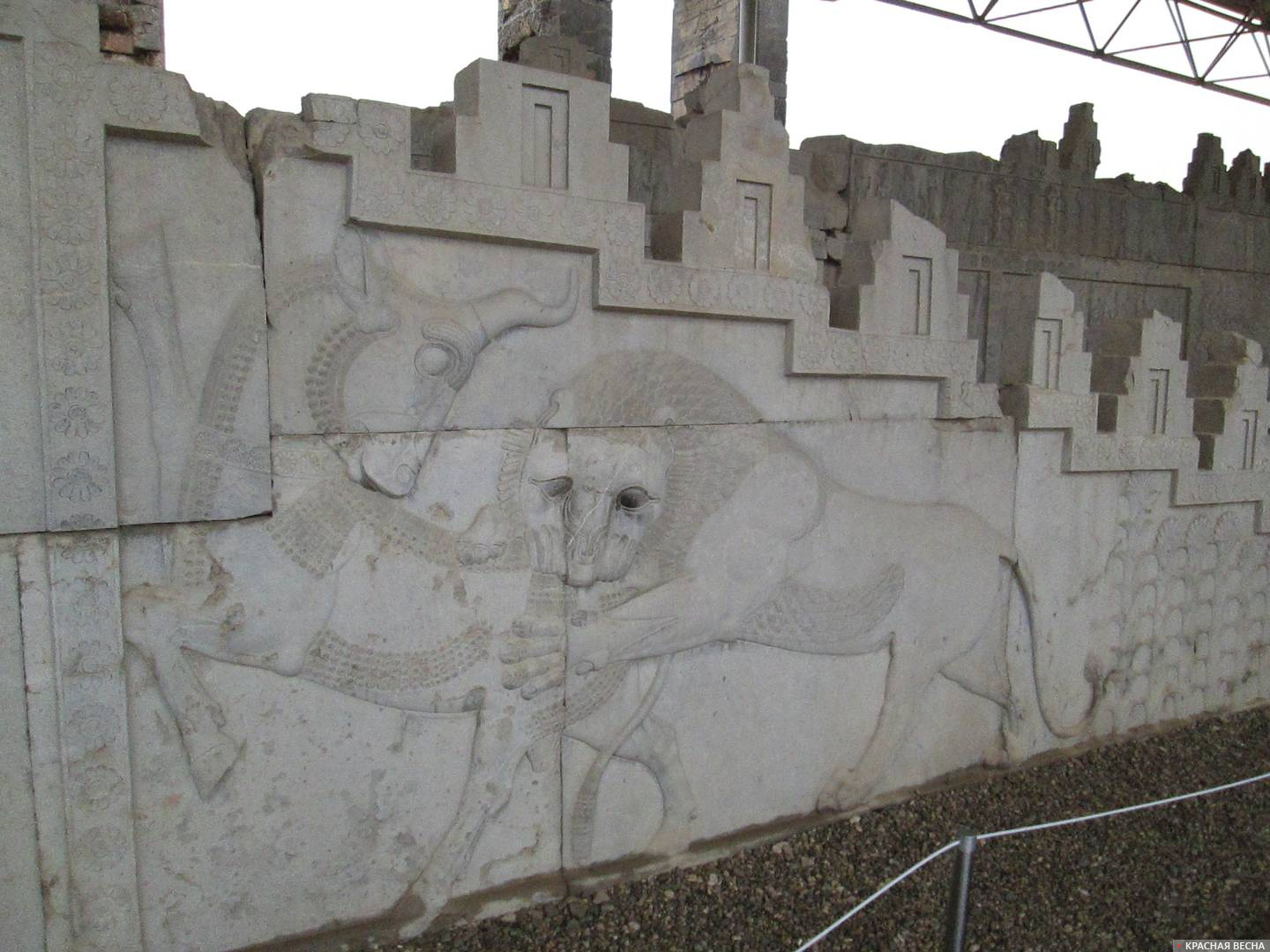18.06.2023, Aleksandrovskoye.
Kazakhstan compares the collectivization period with the so-called “‘Holodomor’ in Ukraine and intends to begin relevant historical studies, according to a summary from the war theater of the Essence of Time newspaper No. 537.
Kazakhstan intends to pay serious attention to the study of the history of “the totalitarian policy of the Soviet state in the 1920s-1950s’. According to Nurbalat Abuov, director of the Petropavlovsk branch of the Chokan Valikhanov Institute of History and Ethnology, this area of research is one of the most relevant in modern history in Kazakhstan.
Abuov compares the situation in Kazakhstan during the period of collectivization to the so-called “holodomor” in Ukraine. He calls it a tragedy that “for many years remained the greatest secret of the CPSU and the Soviet totalitarian state.”
“In Kazakhstan, they realized that they had not worked off the agenda adopted by the Banderite Ukraine from the very proclamation of its ‘independence,’ and now they will make up for it. About the famine in the 1930s in some parts of the USSR, including Kazakhstan, everyone always knew – no secrets were made of it. It was also known that the famine in Kazakhstan was associated with the special importance of meat for the local population and the inability to maintain a customary diet in the absence of fodder for livestock. Which in turn was a consequence of the drought of 1931-1933, which affected almost half of the world, and not the ‘evil’ will of the Bolsheviks, who decided to “starve” the peoples living in the USSR. What is silent, of course, is that there have always been periods of great famine in all countries, and until the middle of the twentieth century – including highly developed ones. Including the great famine of the 1930s came in exactly the same years as in the USSR – and in America. But propaganda is propaganda,” says the editorial comment of the Essence of Time newspaper.
Source: Rossa Primavera News Agency




